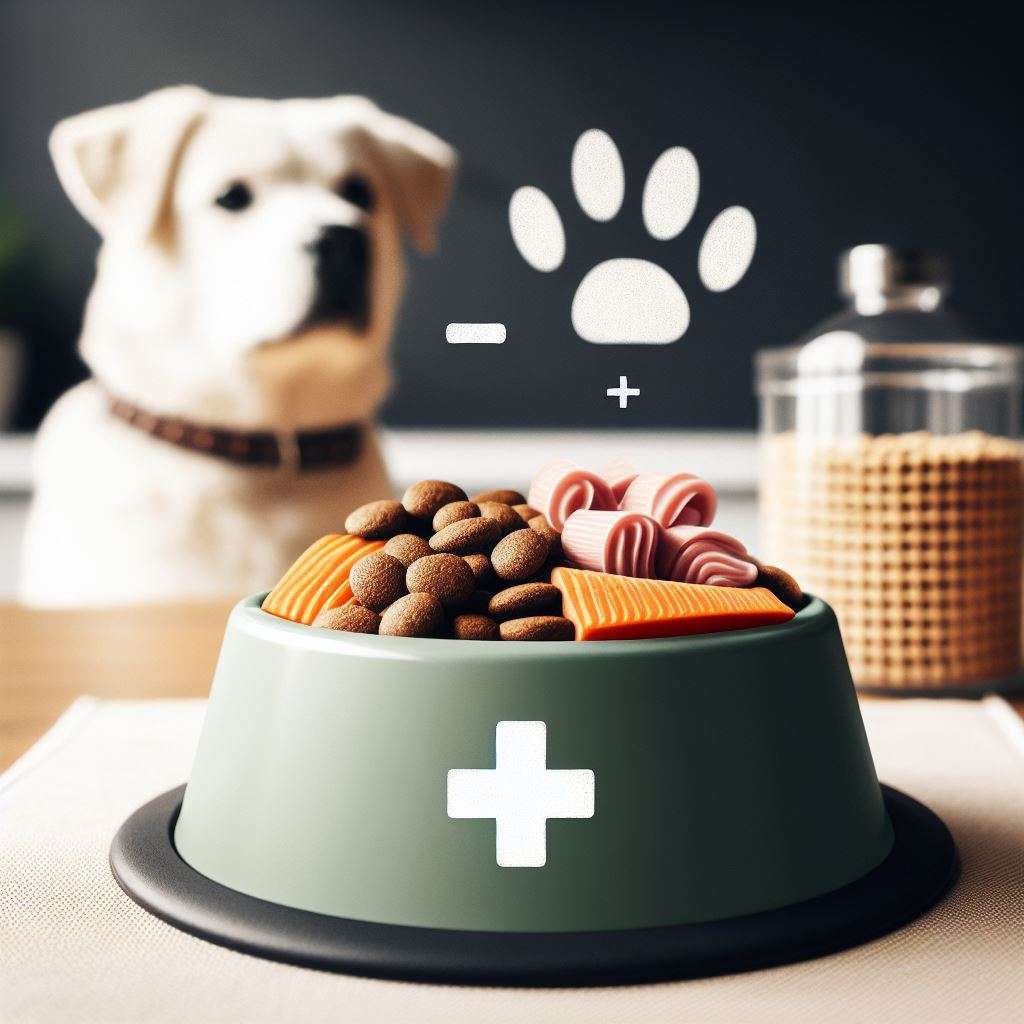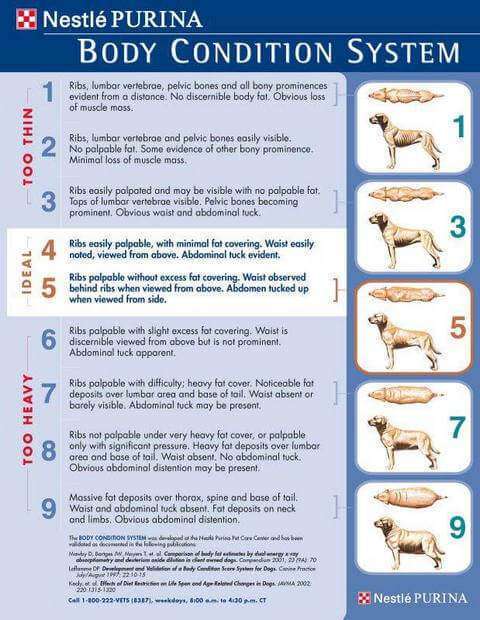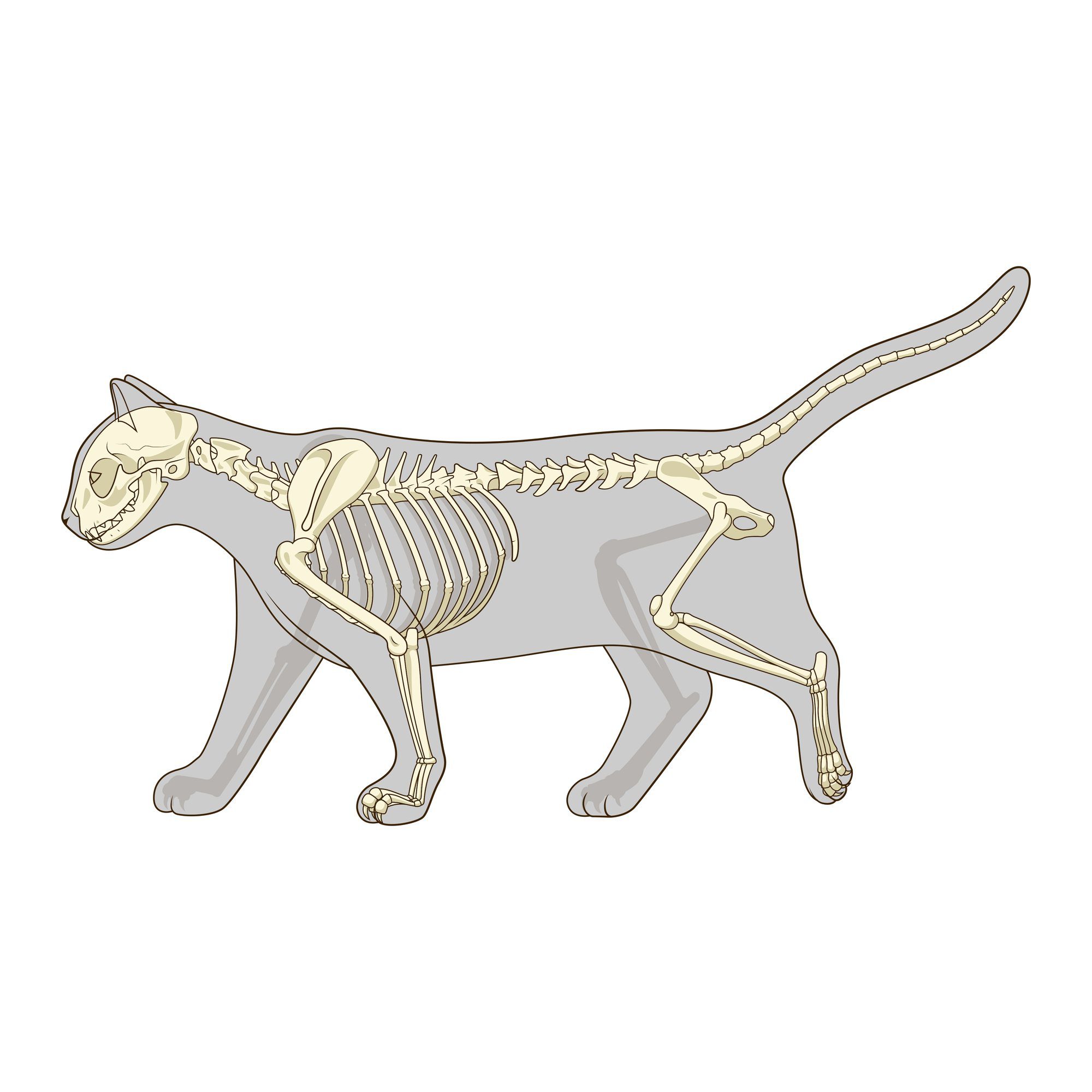Introduction
Every dog owner wants their furry friend to be healthy and happy. But what if your dog seems too skinny? Understanding the importance of a dog's weight is crucial for their overall health. Being underweight can lead to health problems, just like being overweight can. Let's dive into how you can ensure your dog is at its ideal weight.

Signs : Your Dog Might Be Underweight
If you can easily feel your dog's ribs or see its waistline from the top, it might be underweight. Another sign is if their hip bones are prominent. But the best way to know for sure is to consult with a veterinarian.
- Many owners notice body variations in their dogs, especially those with multiple pets.
- Distinctly feeling a dog's ribs or seeing a pronounced waistline often indicates underweight.
- Over time, signs like prominent hip bones become evident.
- Veterinarians identify key indicators of a dog's health through weight.
- Some breeds are naturally lean, but lack of cushioning over ribs or pronounced hip bones suggests underweight.
- Trust your feelings about your dog's health.
- Seek a second opinion if unsure.
- The American Veterinary Medical Association emphasizes regular check-ups.
- Physical signs can hint at weight issues, but a comprehensive check-up is definitive.
- Veterinary sources stress monitoring weight and consulting a vet for optimal health.
Reasons : Dogs Might Be Underweight

There are several reasons why a dog might be underweight:
- Excessive Exercise: Just like humans, dogs can burn more calories than they consume if they're very active.
- Medical Conditions: Illnesses like diabetes, liver disease, cancer, and intestinal parasites can cause weight loss in dogs.
- Dietary Issues: Not eating enough or consuming low-quality food can lead to weight loss.
First-Hand Observations:
- Many dog owners recount their pets losing weight after increased physical activity.
- Dogs, similar to people, can expend more energy than they intake, especially when highly active.
Professional Insights:
- Veterinarians frequently diagnose dogs with weight loss stemming from various health conditions.
- Specific ailments, such as diabetes or liver complications, can lead to a noticeable decrease in weight.
- Other conditions like cancer or intestinal parasites are also known culprits behind unexpected weight drops.
Reliable Instincts:
- Dog owners should always heed their observations and gut feelings.
- If a noticeable change in appetite occurs or if the dog is consistently fed low-quality food, it might not receive the essential nutrients.
- A steady intake of subpar food can gradually result in weight loss.
Guidance from Leading Sources:
- Top animal health organizations underscore the significance of comprehensive canine nutrition.
- It's recommended to provide dogs with a well-balanced diet suited to their unique needs and activity levels.
- Periodic vet visits are crucial to monitor and address any potential weight concerns.
How to Help Your Dog Gain Weight Safely

It's essential to help your dog gain weight, but it's even more critical to do it safely:
- Balanced Diet: Ensure your dog eats a balanced diet with the right amount of proteins, fats, and carbohydrates.
- Avoid Overfeeding: Suddenly giving your dog a lot of food can cause other health issues. It's best to increase their food intake gradually.
- Consult a Veterinarian: Before making any significant changes to your dog's diet, always consult with a vet.
Top Dog Foods for Weight Gain

If you're looking to help your dog gain weight, consider these top dog foods:
- High-Calorie Dog Food: Packed with calories, this food can help your dog gain weight safely.
- High-Protein Dog Food: Protein is essential for muscle growth and can help your dog look and feel healthier.
- High-Fat Dog Food: Fats are a great source of energy for dogs and can help them gain weight.
FAQs
- How to determine the right amount of food? Start by reading the feeding instructions on the dog food bag. Adjust based on your dog's activity level and consult your vet.
- Can puppy food be given to adult dogs for weight gain? Yes, puppy food is high in calories and can help adult dogs gain weight. But always consult with a vet first.
- How do high-calorie foods help in weight gain? High-calorie foods provide more energy, helping dogs gain weight if they consume more calories than they burn.
Navigating the world of dog weight gain can be a challenge, especially when faced with the myriad of options available. It's essential to understand that underweight dogs may not simply be a result of not eating enough; sometimes, underlying health issues can play a significant role. Prioritizing your dog's health is paramount, and that includes ensuring they're on the right diet.
For those seeking the best dog foods for weight gain, it's crucial to look for options rich in nutrients. High-calorie dog food can provide the energy your furry friend needs, while high-protein dog food supports muscle growth and overall health. If your dog needs an extra boost, high-fat dog food can be a great choice, offering dense caloric content. For some, even puppy food can be a temporary solution for adult dogs, given its nutrient-rich composition designed for growing pups.
However, remember that a dog's diet should always be balanced and tailored to their specific needs. It's not just about increasing their weight, but ensuring they're healthy and thriving. Before making any significant changes, a veterinarian consultation is always recommended. They can provide guidance tailored to your pet, ensuring their journey to a healthy weight is safe and effective.
Conclusion
Ensuring your dog is at a healthy weight is essential for their overall well-being. If you suspect your dog is underweight, take action by consulting with a vet and considering a diet change. Remember, every dog is unique, so what works for one might not work for another. Always prioritize your dog's health and happiness.

















